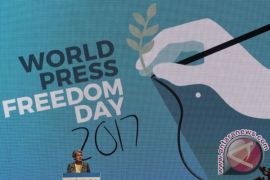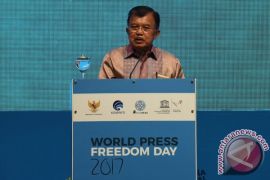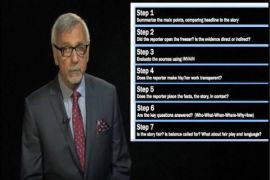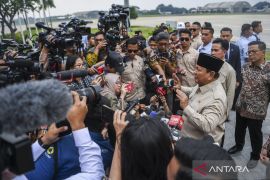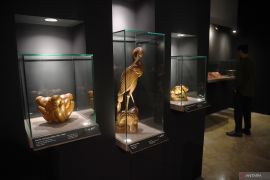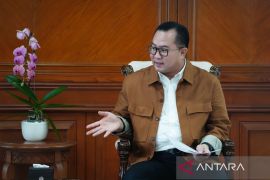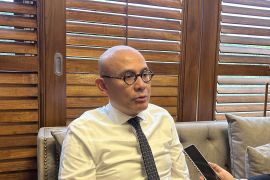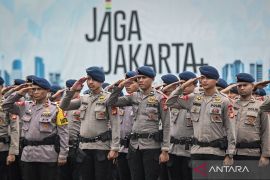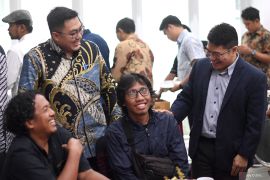"Todays generation prefers to use their gadgets rather than reading books," she stated at a seminar held at the Jakarta Convention Center (JCC) in Jakarta ahead of International Press Freedom Day commemorated annually on May 3.
She said the United Nations Educational, Scientific and Cultural Organizations (UNESCOs) records in 2012 estimated that Indonesias literacy level had reached merely 0.001, indicating that out of every thousand people, only one individual had actively read books.
Another survey conducted by pollster Nielsen had cited that most people in the country spend four hours and 42 minutes browsing on the computer, three hours and 33 minutes surfing on their smartphones, and two hours and 51 minutes on checking or updating their status on social media.
"Apparently, most people today have a lot of spare time to read and share hoax news," she remarked while adding that in several cases, the fake news phenomenon had been persistently spread by some prominent figures due to the lack of verification of the original sources.
Apart from the low level of reading, a lack of trust in the mainstream media remains a challenge in the fight against fake news.
Hence, the media should maintain public trust by working in accordance with the journalists ethics code, she emphasized.
During the event, she lauded the Communication and Information Ministrys efforts to halt the circulation of fake news by blocking objectionable websites, including those offering gambling facilities, spreading hate speeches, and engaging in fraudulent acts.
Vice President Jusuf Kalla had earlier also initiated an anti-hoax journalist network, she added.
On a different occasion, Communication and Information Minister Rudiantara said the fake news phenomenon has triggered public unrest globally.
The ministry had earlier noted that fake news tends to spread on social media rather than through mainstream media, as the latter has a responsibility to "cover both sides," while the former does not follow this principle.
Rudiantara further stated that fake news could create a vicious circle, as the mainstream media sometimes carelessly publishes articles or television channels broadcast text by quoting unverified issues.
With regard to the issue, this years World Press Freedom Day commemoration has not only called on journalists but also students and other communities to fight against the circulation of fake news by being critical while reading any article or watching a news coverage.
The event being held at the JCC on May 1-4 will feature some workshops, seminars, and conferences.
"The programs are designed to raise awareness on the importance of free and fact-based journalism in promoting peace and justice and supporting efficiency, accountability, and inclusiveness of institutions in line with the 16th United Nations Sustainable Development Goals," UNESCO stated on its official website.
Reported by Aubrey Kandelila Fanani
(Uu. KR-GNT/INE)
EDITED BY INE
(UU.KR-GNT/A/KR-BSR/A014)
Editor: Aditia Maruli Radja
Copyright © ANTARA 2017
